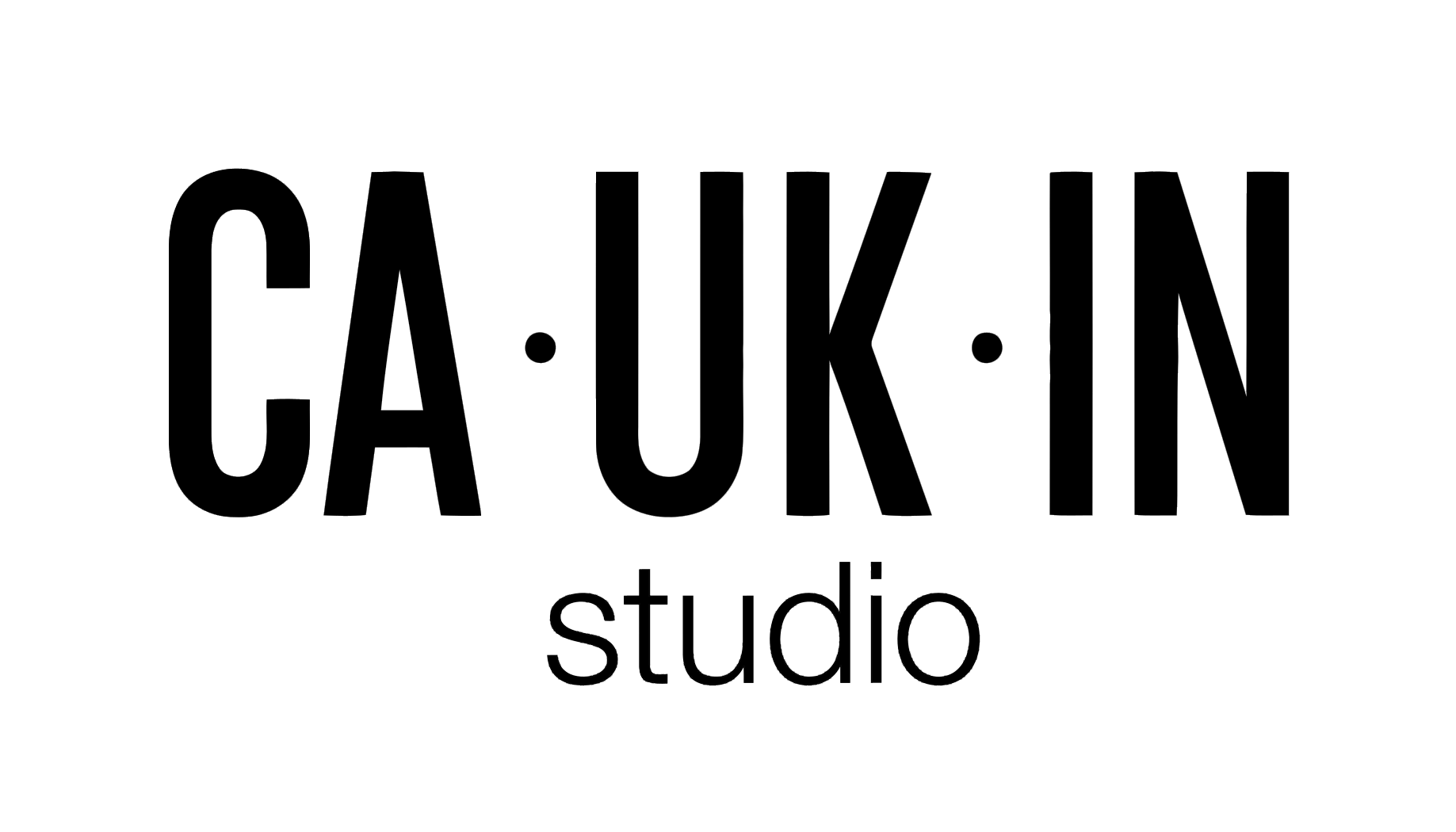International, Online
VIRTUAL WORKSHOP : open-brief
Workshop Length: 7 Weeks
Workshop Collaborators: Rachel Brookes (The Tanbok Project), Alfredo Brillembourg (Urban-Think Tank), Akil Scafe-Smith (Resolve Collective), Becca Thomas (New Practice), Jodi Smith (TECA / Matanataki), Gareth Jones (TownSq), Leo Chandler (NESTA), Nancy Scotford (Grant Tree), Arthur Mamou Mani (Mamou-Mani), Florian Heinzelmann (SHAU Architects), Barbara Russi (Fundacion Compromiso).
International Participants: Amelia Hamlet, Nicole Law, Enija Skeltona, Orla Doyle, Ava Pevsner, Naomi Mason, Joelle Tung, Calin-Bogdan Maier, Robert Shah, Tom Dowson, Cheuk Ting Hui, Oliver Bowers, Dima Al-Bayati, Madihah Azhar, Mengting Zhang, Beth Lundie, Zihan Wu, Ina Manafova, Adara Cheles, Pak Yin Lee, Luam Abraha, Aishwarya Nair, Hollie Lake, Isabel Gomez, Kai Suzuki, Anthony Mazeli, Inga Andrzejewska, Joseph Reid, Ioana Jelea, Thomas Jackson, Sofia Viudez Solé, Feihl Sarmiento, Febe Lanckmans, Riku Tsurumi.
Sustainable Development Targets Met:
Work by Aishwarya Nair
During July and August 2021 we hosted a Virtual Workshop which gave participants the opportunity to identify their own project brief, connecting live design and construction projects to local and international social issues.
The workshops gave participants a chance to contribute to a larger body of work which will continue to progress towards a sustainable solution to each of their chosen design challenges.
Work by Inga Andrzejewska
The Challenge
Social impact in architecture can often be overlooked, implemented as a token gesture or an afterthought. By integrating the right stakeholders and community members throughout every stage of the process, a long lasting and wide reaching impact can be achieved which benefits everyone equally.
With participants bringing their own interests, knowledge and experience to the table, each person identified their own challenge in which they wanted to tackle. The different challenges explored by participants include; Responding to the Venezuelan refugee crisis in Colombia, Providing mental wellbeing spaces for children in primary school in the UK, Creating temporary interventions in derelict spaces within the city centre as a place to upskill homeless people and many more…
Work by Orla Doyle
Work by Dima Albayati & Naomi Mason
Background
It was crucial for participants to research locations, issues and areas of development of interest to them and that were feasible for them to instigate in real life, so that they could get the most out of the workshop.
Through the process of identifying, researching and developing their own social impact projects, participants engaged with a variety of key themes which enabled them to think critically about not only their design projects and the communities they would serve but also the finances of the project, relationships with key stakeholders assessment of local material availability, consideration of in-country logistics etc. Participants were then able to create a framework through which they can take their project forward.
Work by Ava Pevsner
The 7 weeks followed these key themes:
Identifying, Developing & Researching Your Brief (formulating a key idea and aligning it with different social, environmental or economic purposes + finding locations or context’s to explore)
Building Your Team & Collaborators (realising key roles and responsibilities or a team + identifying key collaborators and supporting team members)
Maximising Your Impact (explore the impacts of architecture beyond the physical building + question the role of the architect)
Funding Your Project (discussions surrounding different ways to fund your project, from bootstrapping, charitable grants, kickstarter campaigns + impact investment)
Logistics and Design Considerations (challenges and tools for working in developing countries and extreme climates)
Production and presentation (final refinements before online exhibition + taking the projects forward)
Work by Isabel Gomez
Work by Mengting Zhang
Over the course of 7 week workshop, participants researched and explored different methods of researching, developing and implementing an effective project strategy, focussed on both the design and the delivery. Encouraged to engage in consistent discussions and feedback from their end-users as well as hearing weekly from experienced professionals, the participants produced a body of work that ranges from design proposals, pitch decks, urban analysis, strategies tackling public realm safety and the refugee housing crisis.
The work produced culminated in a virtual exhibition (accessed below). The next phase is for participants to take their projects forward and to continue discussions with their identified communities with the aim in realising their project in the near future.
Each participant’s research and proposals have been collated and curated into the gallery below!
Virtual Exhibition































